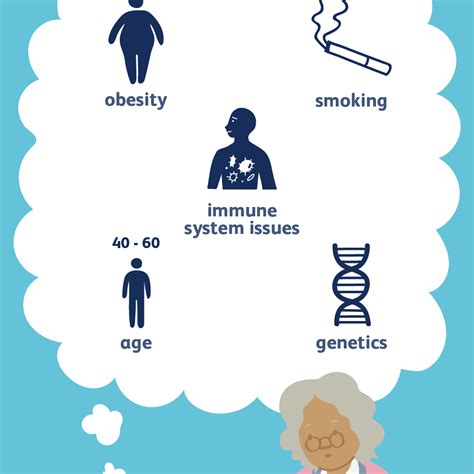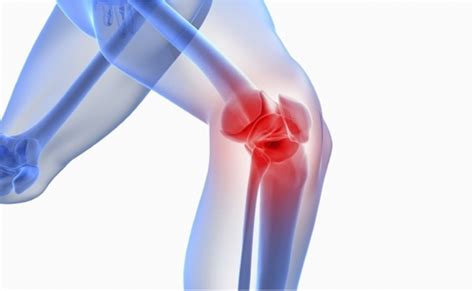A herniated disc, commonly referred to as a slipped, ruptured, or bulging disc, is a condition that primarily impacts the neck or lower back. When the soft inner part of a spinal disc bulges out due to a tear in its tough outer portion, it’s termed as a herniated disc. This bulging or rupture can compress nearby nerves, leading to pain and potential dysfunction.
In the context of location, if the herniated disc is in your neck, you may experience pain radiating down your shoulder and arm. On the other hand, if it’s located lower in your back, it might irritate your sciatic nerve. This can manifest as pain radiating through your buttock and down your leg. According to spine specialists like Dr. Jacob Buchowski and Dr. Deeptee Jain, there are several treatments available that can effectively alleviate the pain caused by a herniated disc.
Interestingly, 90% of the time, pain stemming from a herniated disc tends to resolve on its own. However, it’s crucial to be aware of the various treatments available, especially if you’re among the 10% who might require intervention. One such treatment method is the Anterior Cervical Discectomy with Fusion (ACDF). This is a surgical technique combining spinal decompression and fusion to address herniated discs, nerve compression, and other neck-related issues.
It’s important to differentiate between a bulging disc and a herniated disc. While both conditions pertain to the spinal disc’s displacement, a bulging disc describes a weakened, but unruptured outer wall of the disc that protrudes outward. On the other hand, a herniated disc starts as a bulging disc, which then experiences a rupture due to intense pressure.
Disc herniation is considered a degenerative process. In simpler terms, it’s an age-related change in the spine that comes with wear and tear or the natural process of aging. Conditions like disc herniation and cervical spondylosis are categorized as such degenerative ailments.
To conclude, while a herniated disc can cause discomfort or pain, a combination of the body’s natural healing process and modern treatments can effectively address this condition. If you or someone you know is experiencing symptoms of a herniated disc, it’s essential to consult a specialist to receive appropriate guidance and care.


